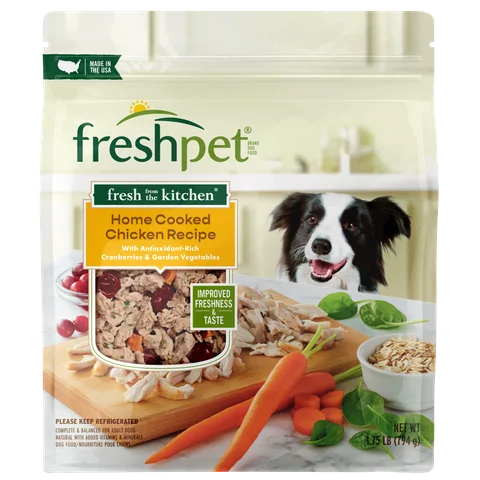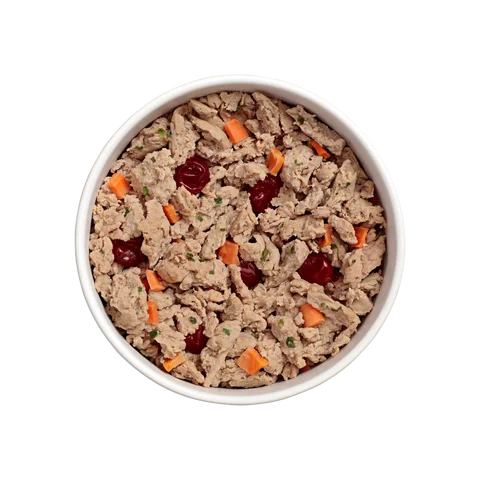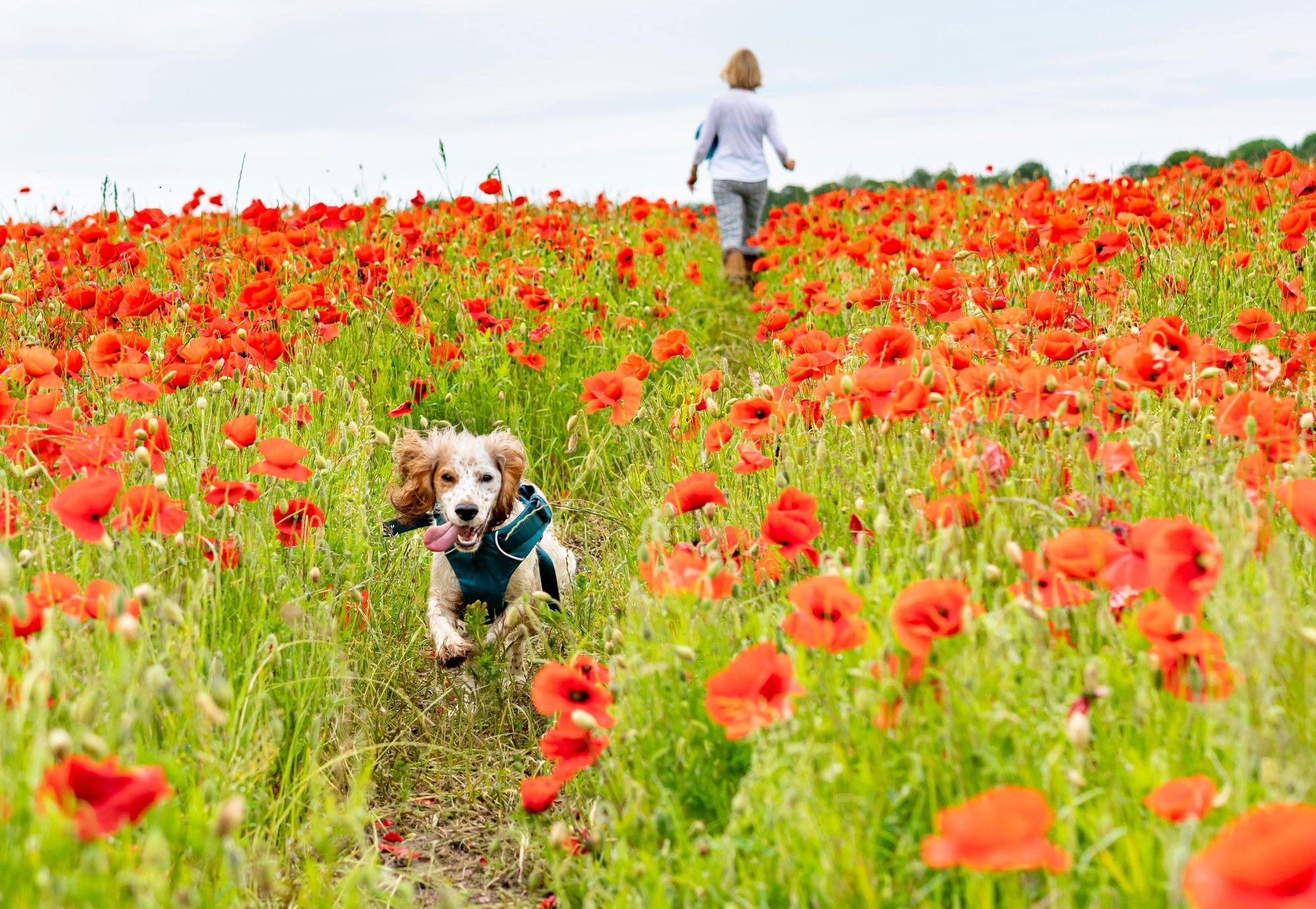


Navigating Spring Allergies in Dogs
written by Tori Holmes
Spring brings with it blooming flowers, warmer weather, and unfortunately, seasonal allergies in dogs. Much like humans, our furry companions can be affected by allergens present in the air, such as pollen. Understanding the signs and symptoms of seasonal allergies in dogs is crucial for pet parents to ensure your companions stay healthy and happy during this time of the year.
Recognizing the signs of seasonal allergies in dogs can be challenging since they often manifest differently from one pup to another. However, there are some common symptoms such as:
● Skin issues: Dogs may experience red, inflamed, or itchy skin, particularly in areas like their paws, groin, and armpits where the skin is more visible.
● Constant itching: If you notice your dog scratching excessively or rubbing against furniture and you’ve confirmed they don’t have a parasite like fleas, it could be a sign of seasonal allergies.
● Irritated ears: Dogs with seasonal allergies may develop ear infections or exhibit frequent ear scratching due to inflammation and discomfort.
● Watery eyes: Excessive tearing or redness in the eyes can be indicative of allergies in dogs.
● Excessive licking: Dogs may lick their paws or other parts of their bodies excessively in response to irritation caused by allergies.
What makes identifying seasonal allergies difficult is the fact that these symptoms can be indicative of a number of issues. If you suspect that your dog could be suffering from seasonal allergies, it’s always a good idea to schedule a trip to the vet.
Depending on the severity of the symptoms, your vet may recommend allergy testing to give a concrete diagnosis. Identifying the specific allergens triggering your dog's symptoms can also aid in developing a targeted treatment plan so your pup can find long-term relief.
Treatment for seasonal allergies in dogs may vary depending on the severity of symptoms and the specific allergens involved.
● Antihistamines: Your veterinarian may prescribe oral antihistamines to help alleviate itching and inflammation associated with seasonal allergies.
● Topical treatments: If your dog struggles with irritation in localized areas, your vet may recommend shampoos, sprays, or creams containing soothing ingredients that can help alleviate itching and irritation.
● Steroids: In more severe cases, corticosteroids – a class of steroids – also may be prescribed to reduce inflammation and provide relief from allergic symptoms.
● Immunotherapy: In situations where a dog’s allergies are persistent and life-impacting, allergy shots or oral immunotherapy may be recommended to desensitize their immune system to specific allergens over time.
As you can see, treatment options for seasonal allergies in dogs are wide-ranging. This is why it's important to work with your veterinarian to find the right treatment plan.
While veterinarians play a critical role in helping to alleviate seasonal allergies in dogs, the role of pet parents should not be overlooked. You spend more time with your furry friends than anyone else, so you’ll be the first to notice any changes to their skin, coat, or overall behavior. If you notice symptoms of allergies with your dog, document your findings including where you were when you noticed them. The more detailed your notes, the easier it will be for your vet to diagnose and treat your pet.
Brushing your dog regularly can also help to remove pollen and other allergens from their fur, reducing the likelihood of allergic reactions. We’ve put together a guide to help answer all of your dog grooming questions.
Finally, regularly cleaning your home can help minimize the presence of allergens indoors. Vacuuming carpets, washing bedding, and using air purifiers can help reduce your dog's exposure to allergens. Just be sure that any cleaning products you use are pet-safe!
Seasonal allergies in dogs can cause discomfort and irritation, but with proper management and veterinary care, you can help your furry companion enjoy the spring season to the fullest. By identifying symptoms early and working closely with your veterinarian, you can ensure your dog stays happy, healthy, and allergy-free!

dog nutrition & feeding
Fuel your active dog’s lifestyle with Freshpet’s high-protein, multi-protein recipes that support energy, strong muscles, and hydration for every life stage.

cat pet parents
Join us as we cover the fascinating reasons why cats get the "nighttime zoomies."
















